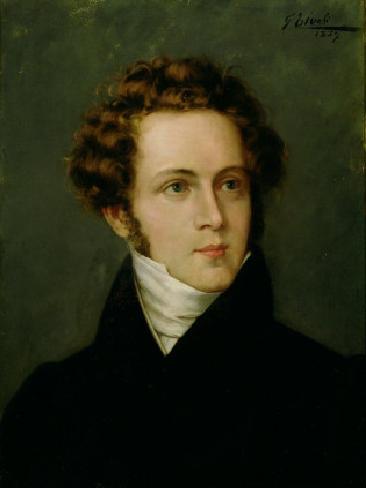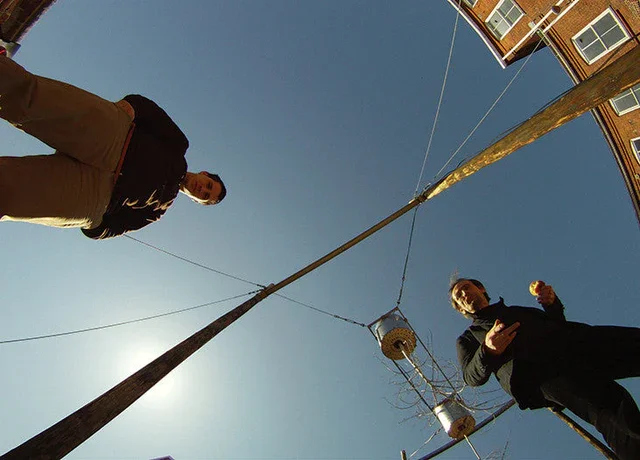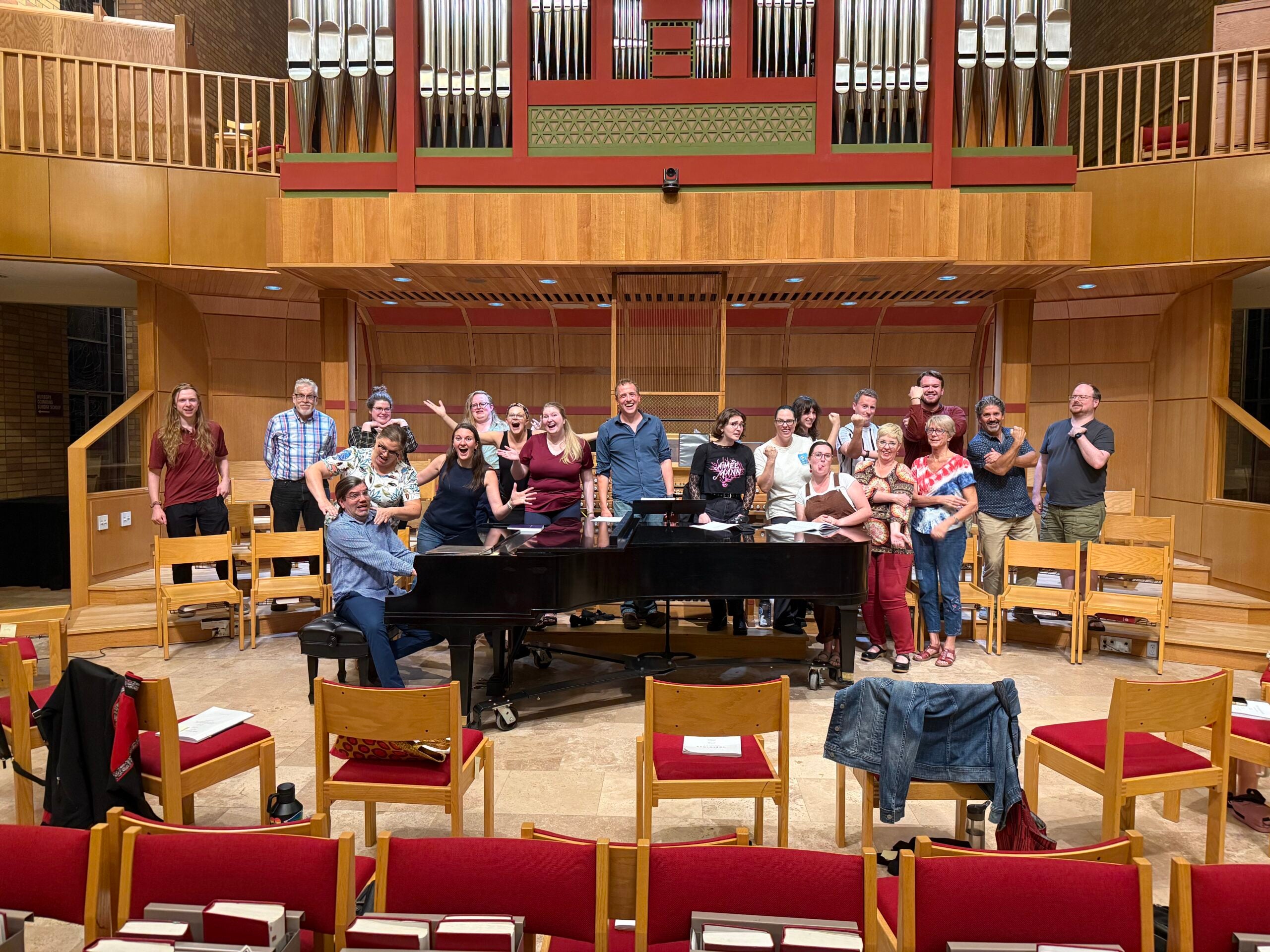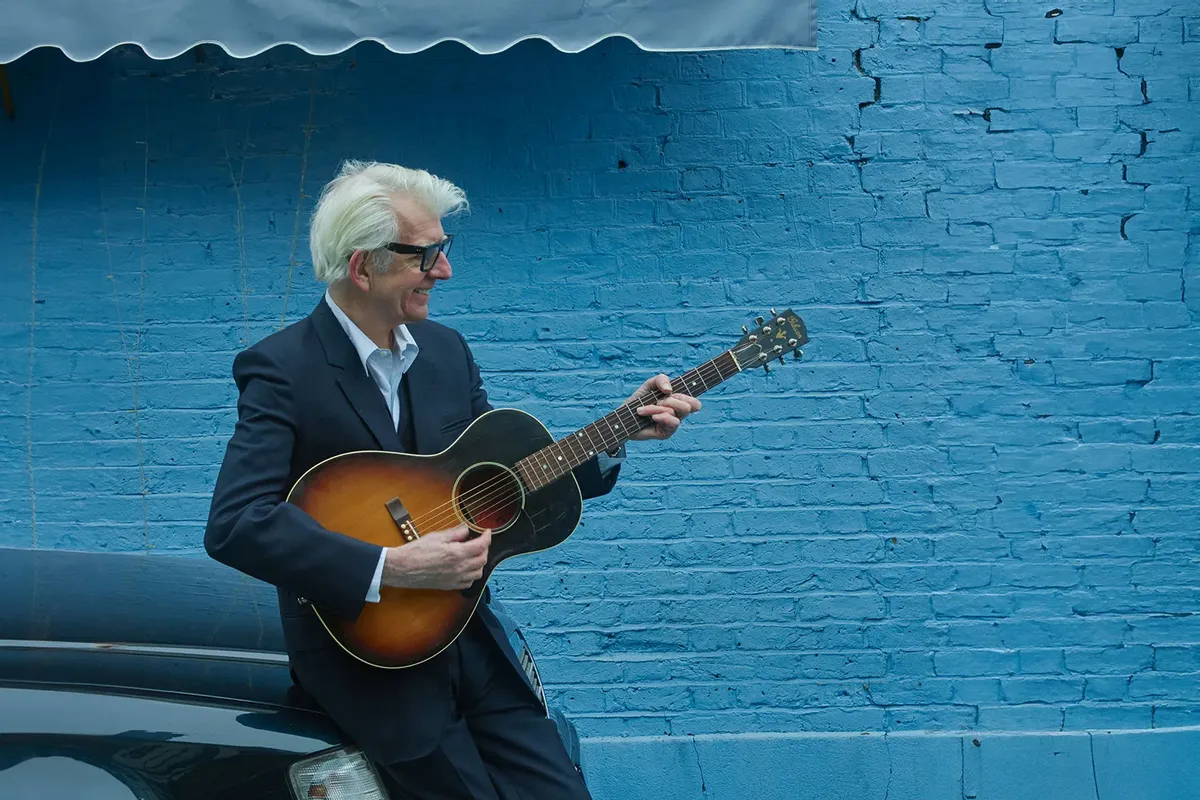Vincenzo Bellini had strong ideas about what an opera should do. And he could be very forceful in trying to get his ideas across to others. For example, he wrote to a librettist in June 1834:
“Don’t forget to bring with you the piece you’ve roughed out so far so that we can resolve the business of the first act. If you’ll fortify yourself with plenty of patience, the act will emerge as an interesting, magnificent, worthwhile poem in music. That’s in spite of you and all your absurd rules, which are useless except for generating unending palaver that will never sway a soul who has ever experienced the difficult art of drawing tears by means of song.”
“If my music proves beautiful and the opera pleases, you can write a million letters complaining about the misuse of poetry by composers and so on, without proving a thing. Engrave this in your head in brass letters: An opera has to draw tears, excite horror, and bring death, by means of song.”
“Poetry and music; to be effective, have to be true to nature–period. Anyone who forgets that is lost and will wind up turning out a boring, plodding work that can please only the pedants. If he moves the heart, a composer will always be in the right. Will you or won’t you comprehend that this is the goal? I implore you to understand it before starting the libretto.”
“And do you know why I tell you that good drama is unrelated to good sense? It’s because I know all too well what stubborn beasts the literati are, and how silly they are with their sweeping rules about good sense. What I’m saying has been proven by the facts in the world of art by the near majority of your famous men who have gone astray in this regard.”
Stay informed on the latest news
Sign up for WPR’s email newsletter.
Wisconsin Public Radio, © Copyright 2025, Board of Regents of the University of Wisconsin System and Wisconsin Educational Communications Board.







